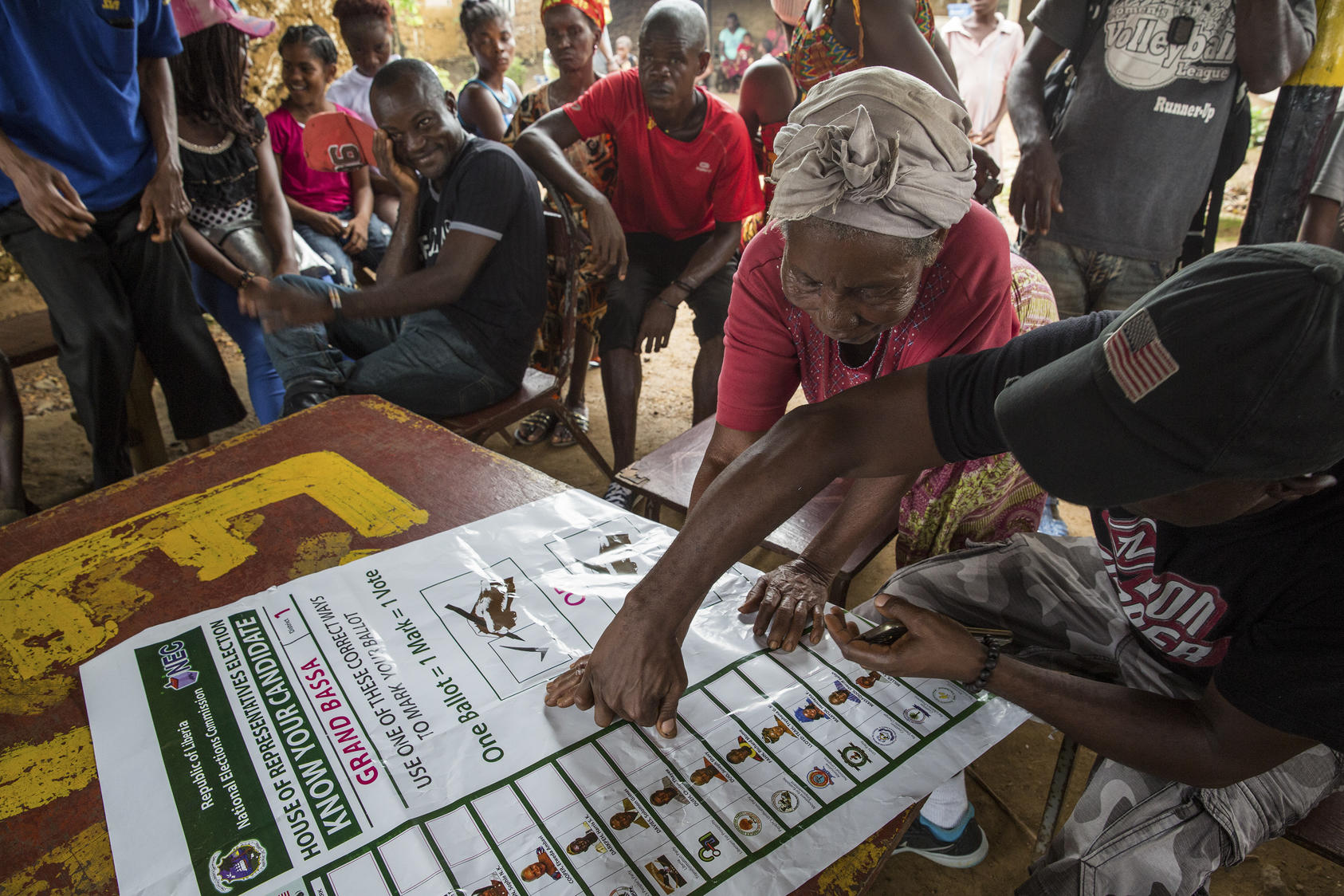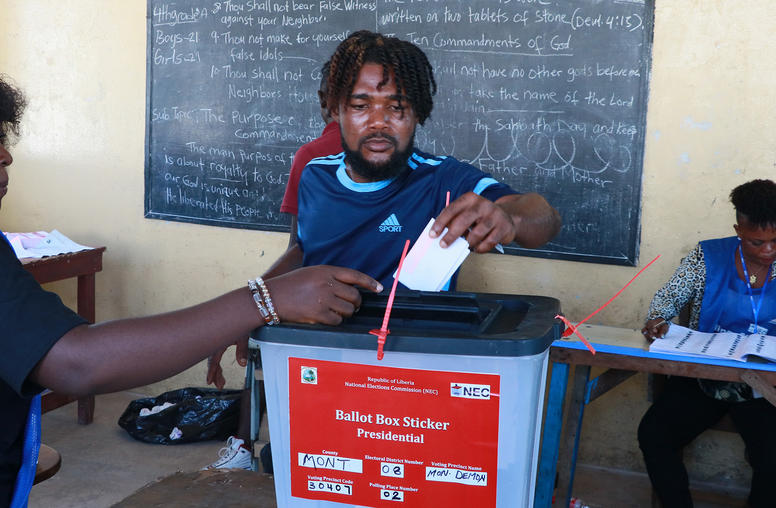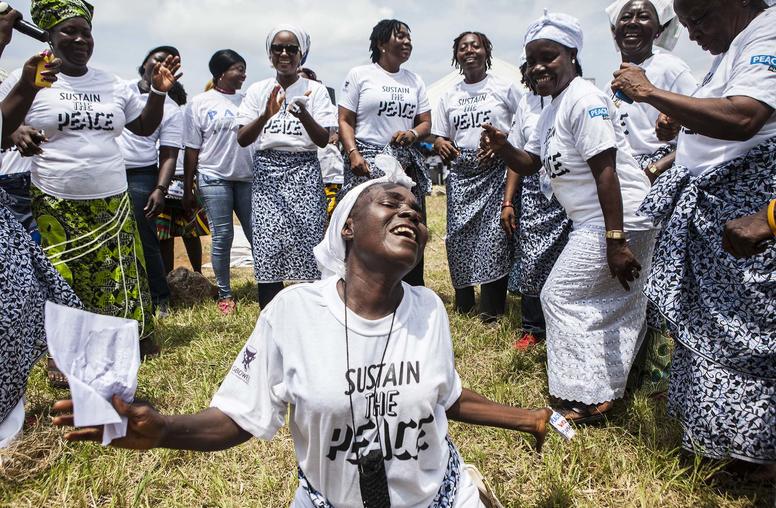Electing a President: Examining Liberia’s 2017 Experience
On October 10, the people of Liberia participated in critical presidential and legislative elections in what may become Liberia’s first post-war transition between democratically elected governments. Considering the overwhelming development challenges Liberian institutions face, peaceful elections cannot be taken for granted. While the risk of election-related violence remains minimal in the coming weeks and months, promising indications should not lead to complacency as significant capacity gaps remain.

Since no candidate obtained a majority of the vote, a run-off was required between frontrunners George Weah (Coalition for Democratic Change) and Joseph Boakai (Unity Party), originally scheduled for November 7. However, the Supreme Court of Liberia on November 6 ordered the National Election Commission to halt its preparations, arguing that a fraud complaint must be investigated first by the National Election Commission (NEC).
The U.S. Institute of Peace was pleased to co-host a public event with the Friends of Liberia to discuss the 2017 Liberia elections, and its importance for peace and development in the country. The panel included country experts and election practitioners, including Linda Thomas-Greenfield former Assistant Secretary of State for African Affairs and Ambassador to Liberia.
Speakers
Linda Thomas-Greenfield
Former Assistant Secretary of State for African Affairs and Ambassador to Liberia
Jonas Claes
Senior Program Officer, United States Institute of Peace
Additional speakers to be confirmed


